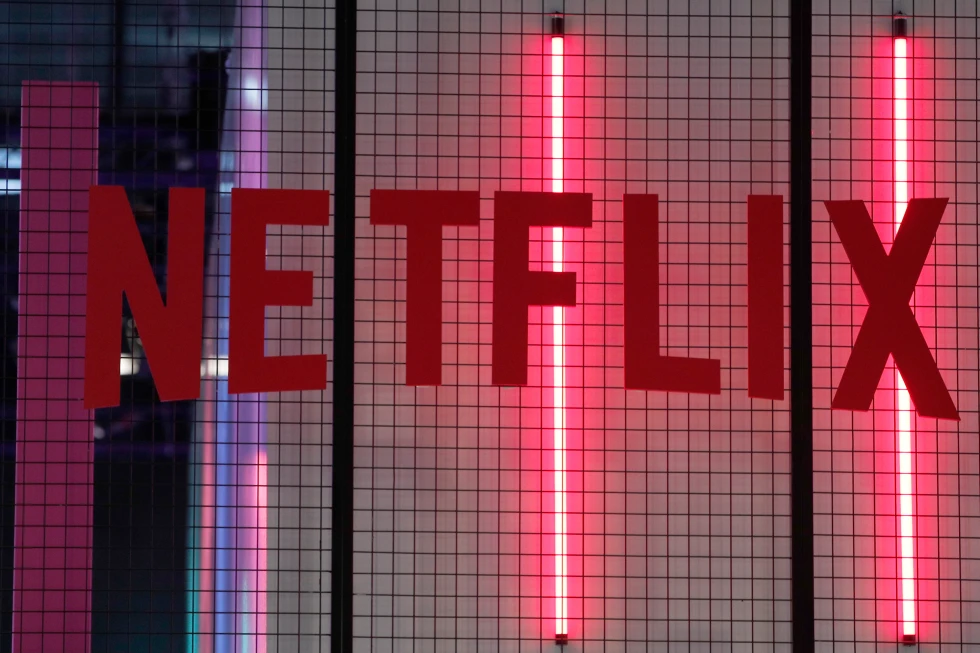Netflix performed better than analysts expected in the first three months of the year, showing that the largest video streaming service is still doing well despite President Donald Trump’s policies negatively affecting the economy.
The numbers released on Thursday showed that Netflix is continuing to build on the success that helped it add 41 million subscribers worldwide last year — the biggest yearly increase in the company’s 27-year history.
However, it’s not clear exactly how many more subscribers Netflix gained during the January-March period because this is the first time the company hasn’t shared a quarterly update on its total subscribers.
Last year, Netflix announced it would stop reporting subscriber numbers starting with this quarter. The company wanted investors to focus more on its profits after reaching over 300 million global subscribers in December. As part of this shift, Netflix is also working to sell more advertising to bring in extra money alongside subscription fees.
Netflix’s increased focus on its finances paid off in the first quarter of this year, with earnings of $2.9 billion, or $6.61 per share, which is a 24% increase from the same time last year. Revenue went up by 13% compared to last year, reaching $10.54 billion. Both of these figures exceeded the forecasts from FactSet Research. Netflix said that ongoing subscriber growth was the main reason for its strong start this year, although it didn’t provide details.
The growth came despite economic uncertainty and Trump’s changing trade war. The tech industry has been affected by the large tariffs Trump announced on April 2, especially since many important companies rely on international supply chains. Some relief has been provided by temporary freezes and exemptions from these tariffs.

However, Netflix’s global streaming service hasn’t been affected by Trump’s tariffs, which has made the company an exception, allowing its stock price to rise 9% this year, while the market values of many other major tech companies have fallen.
“Netflix remains a standout in an otherwise volatile tech landscape,” said Andrew Rocco, a stock market analyst at Zacks Investment Research.
After the report was released, Netflix’s shares went up nearly 3% in extended trading.
The trade war could still hurt Netflix if it leads to a recession or increases inflation, which many economists worry about. In such cases, consumers may spend less on entertainment.
The economic uncertainty might also cause a slowdown in advertising, which could hurt Netflix’s plans to sell more ads for a cheaper version of its streaming service. This low-cost version was responsible for most of the company’s subscriber growth last year.
“We’re paying close attention clearly to the consumer sentiment and where the broader economy is moving,” said Greg Peters, co-CEO of Netflix, during a Thursday conference call. “But based on what we are seeing by actually operating the business right now, there’s nothing really significant to note.”
Peters also mentioned that Netflix’s low-cost plan, currently priced at $8 per month in the U.S., should help protect the company if families start spending less.
In a sign of its confidence, Netflix repeated its earlier prediction for annual revenue of about $44 billion, a 13% increase from 2024.
“Historically in tougher economies, home entertainment value is really important to consumer households,” said Ted Sarandos, co-CEO of Netflix, during the conference call.


